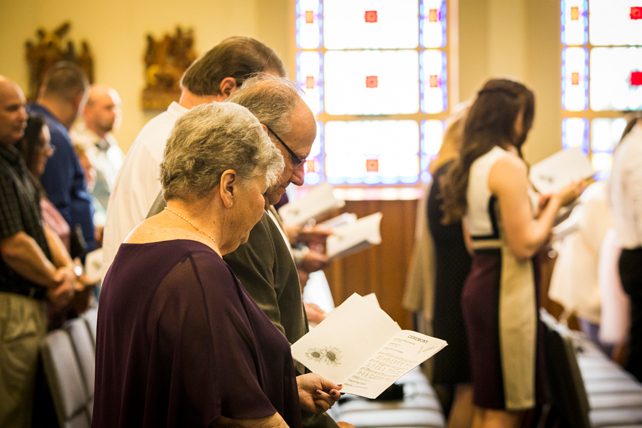At almost every Christian conference, one of the most powerful moments is hearing thousands of people lift their voices in song. No fog machines, no production tricks—just believers singing about the grace of God. Yet, on many Sunday mornings, something feels missing. The music plays, but the congregation stays quiet. So what happened? Why aren’t people singing in church anymore?
Below are six reasons many church leaders believe congregational singing has faded—and how we can help bring it back.
Six Reasons People Aren’t Singing in Church
1. Worship Has Become a Performance
In many churches, the focus has shifted from participation to presentation. Worship teams often stand under bright lights with professional-quality sound while the congregation stands in the dark. Without realizing it, we’ve created audiences instead of participants.
When worship feels like a concert, people start to spectate. It’s not that worship teams don’t mean well—it’s that the structure itself can discourage engagement. The solution isn’t to eliminate excellence; it’s to re-center worship on shared expression instead of performance.
2. The Songs Are Hard to Sing
Some of today’s most popular worship songs are beautiful but not built for group singing. They can sit too high vocally, repeat long bridges, or rely on emotional builds that feel better suited for listening than joining in.
When melodies stretch too far or rhythms change too quickly, people give up. If our goal is for the church to sing together, songs need to be singable—both musically and lyrically.
3. People Don’t Know the Songs
In many congregations, the worship set changes every week. That might keep things fresh, but it can also make the music unfamiliar. When people don’t know the words, they hesitate to sing.
In earlier generations, churches had a common repertoire—hymns and choruses that everyone knew by heart. Repetition built confidence and connection. Today’s worship culture often sacrifices that shared memory for variety. Bringing back a few familiar songs each week can help restore that sense of unity.
RELATED: 15 Worship Songs That Bring Scripture to Life
4. We’ve Lost the Habit of Singing at Home
Music used to be woven into everyday Christian life—families sang around the table, in the car, or during devotions. But now, worship has become something that happens once a week on a stage.
When people never sing outside of Sunday, they arrive unpracticed. Families that sing together—no matter how imperfectly—tend to sing more freely in church. Worship begins long before the service starts.

